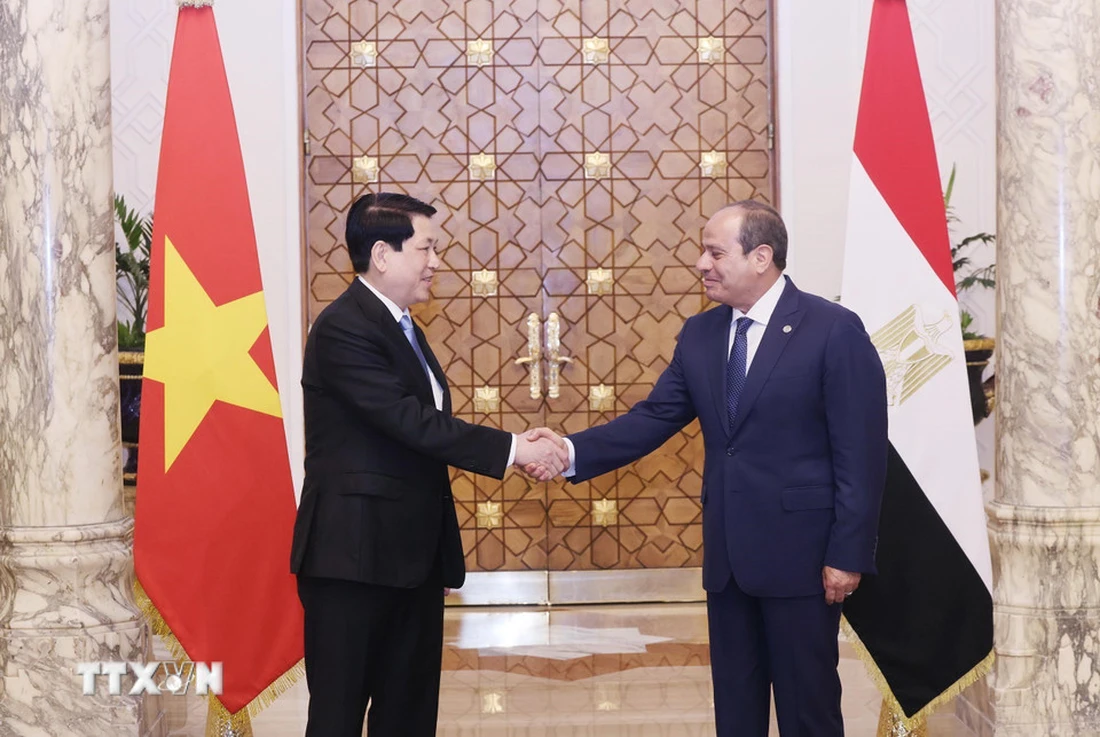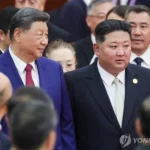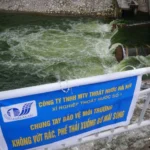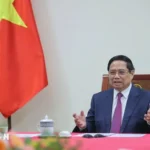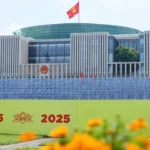On August 5 at noon (local time), the official welcoming ceremony for President Luong Cuong and his spouse took place solemnly at the Egyptian Presidential Palace, hosted by President Abdel Fattah El-Sisi.
As the car carrying President Luong Cuong and his spouse arrived at the Presidential Palace, the Egyptian military band played a welcoming melody. President Abdel Fattah El-Sisi greeted the Vietnamese leader and his spouse at the drop-off point.
Subsequently, the Egyptian President respectfully invited President Luong Cuong to step onto the honor podium. The military band performed the national anthems of both Egypt and Vietnam.
Following the ceremony, President Abdel Fattah El-Sisi and President Luong Cuong warmly exchanged greetings and introduced the official delegations from both countries present at the welcoming event.
President Luong Cuong’s state visit takes place amid positively developing relations between Vietnam and Egypt. This marks the first visit by a key Vietnamese leader to Egypt in seven years.
Immediately after the welcoming ceremony, President Luong Cuong and President Abdel Fattah El-Sisi held a brief meeting, followed by official talks between high-level delegations to discuss measures for further deepening and enhancing bilateral relations.
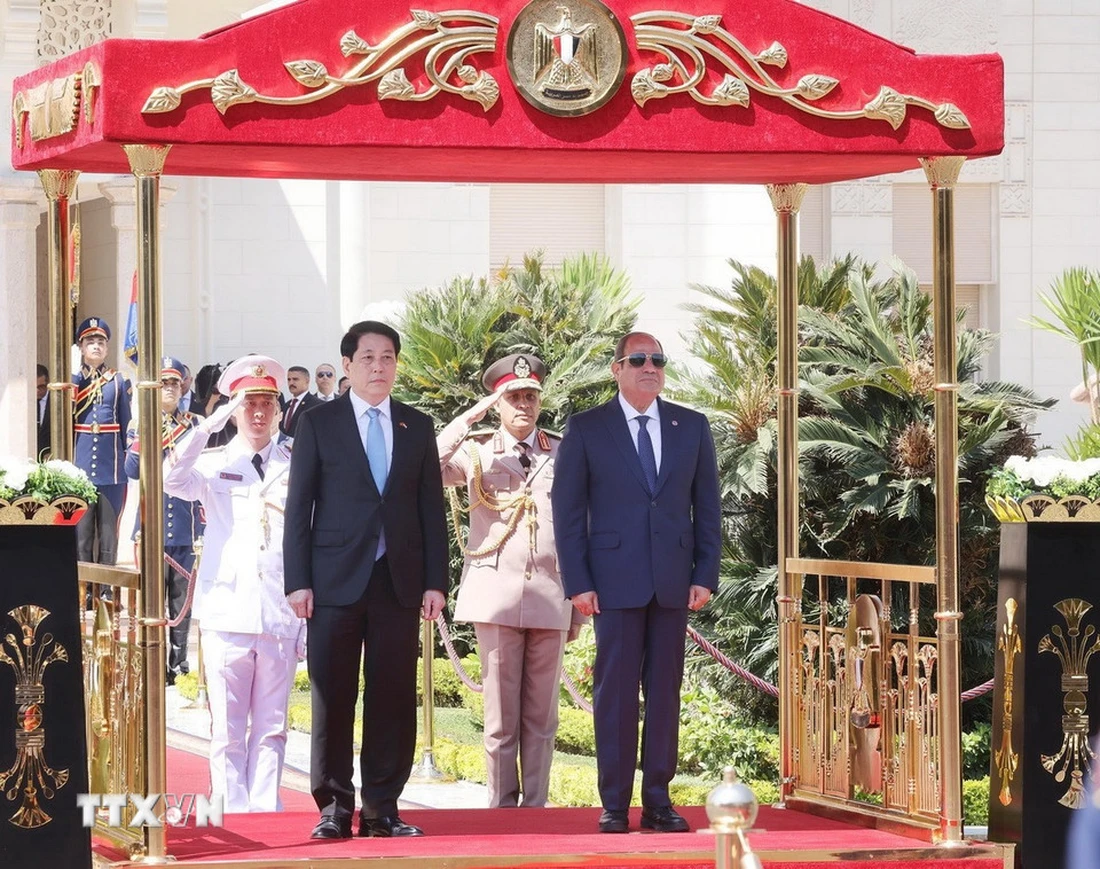
The Vietnamese Ambassador to Egypt stated that President Luong Cuong’s visit is a significant diplomatic event for both nations.
The visit carries special meaning, demonstrating commitment to breakthroughs in elevating bilateral relations, strengthening political trust, and further deepening traditional friendship. It aims to create momentum for a new phase of cooperation, particularly in economics, trade, and investment between Vietnam and Egypt.
In recent years, Vietnam-Egypt relations have developed positively, with regular coordination and mutual support in regional and international forums.
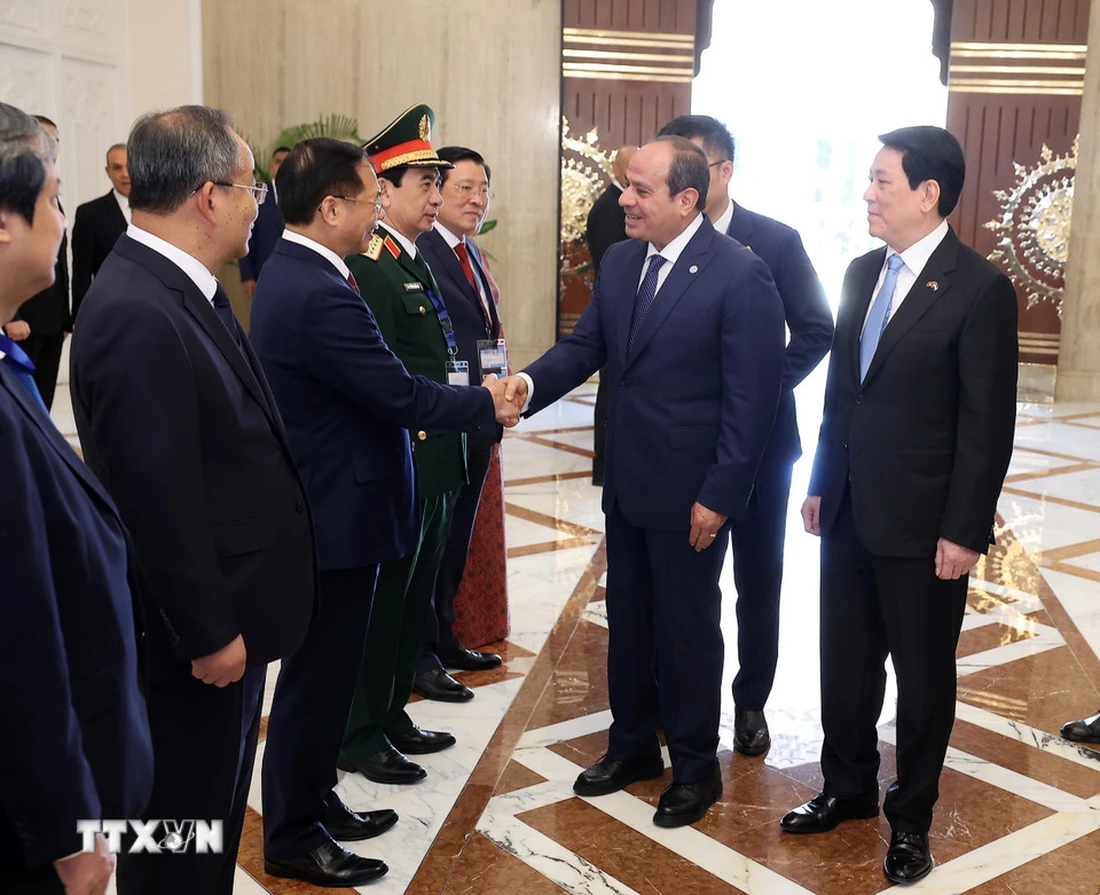
In economic and trade cooperation, Egypt remains one of Vietnam’s most important trade partners and a potential market in Africa. Bilateral trade reached $541.36 million in 2024, the highest among Vietnam’s North African markets.
Both countries have substantial cooperation potential bilaterally and multilaterally, being large markets with over 100 million people each and holding strategically important positions on the world map. Cultural and local-level cooperation has also been strengthened recently.
Beyond enhancing bilateral ties, President Luong Cuong’s visit is expected to build bridges between ASEAN, where Vietnam plays a responsible role, and the Arab League, where Egypt holds significant influence.
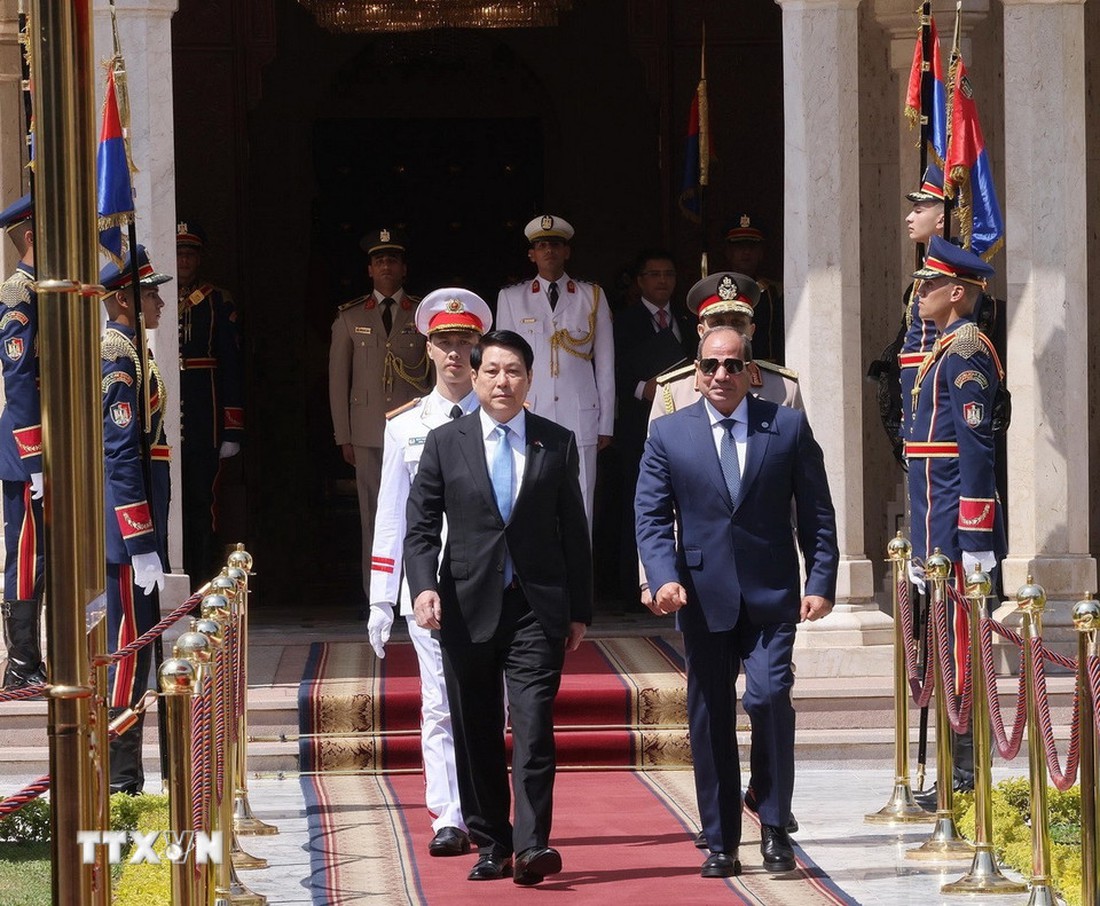
In his message, President Luong Cuong affirmed Vietnam’s desire to jointly write a new chapter in multifaceted cooperation with Arab nations.

